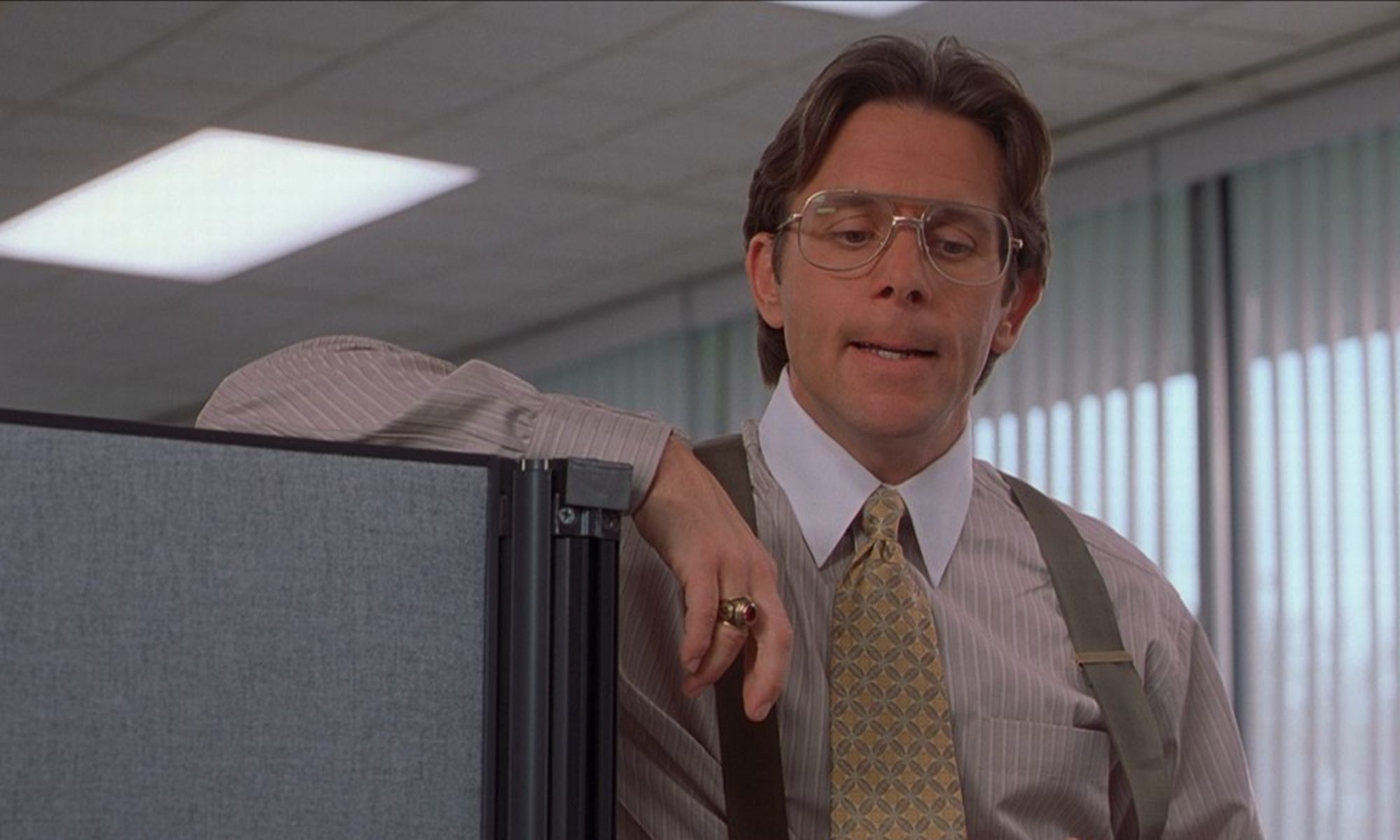I thought Pulp Fiction was a good film and I can appreciate why it was critically acclaimed, however I thought the film was very drawn out and it focused on too many unnecessary details that draw away from the story line. The movie followed the characters scene by scene and didn’t skip around at all which made it seem more realistic but it also just dragged the movie and it was somewhat monotonous at times.
A moment that stood out to me was when Vincent Vega and Mia Wallace were sitting at the diner talking. This scene seemed to drag on for a really long time and it felt like almost half of the movie was their dialogue at the diner and seemed somewhat unnecessary to spend that much time on one scene.
One element of the film that stood out to me was the use of segmenting to help break the film down and make it easier to comprehend and prepare the viewer for what’s about to happen. The movie is very long so it’s broken down into 7 main segments- “Prelude to The Gold Watch (flashback), Prelude to Vincent Vega and Marsellus Wallace’s Wife, The Bonnie Situation, The Diner, The Diner ii, Prelude to The Gold Watch (present), Vincent Vega and Marsellus Wallace’s Wife, and The Gold Watch” (Wikipedia). This was a smart choice by the director ton split the film up into segments so that it kept the audience engaged and let them know what to look for in each segment of the film and what to pay attention to.
I read varying critical conversations about Pulp Fiction, some describe it as an excellent film while others describe the film as “authoritative, influential, and meaningless” (Foster Hirsch). Other critics think that Pulp Fiction is a reference to postmodernism because it has several references to the 1950s and was even called a masterpiece, “Describing the film in 2005 as Tarantino’s ‘postmodern masterpiece … to date’, David Walker writes that it “is marked by its playful reverence for the 1950s … and its constantly teasing and often deferential references to other films”. He characterizes its convoluted narrative technique as ‘postmodern tricksiness’,” (Wikipedia).
I can agree with the varying critiques of the film because I can appreciate how influential and important its references to postmodernism ast the time of its release were but I also can understand how a critic would be harsh and write that it seems “meaningless” at times because I also felt that way during the film.
Sources

How can you not know Pulp Fiction? I agree with you that the film can be analysed in two ways where one would be a negative outcome while the other one is positive. Vincent Vega (John Travolta) and Jules Winnfield (Samuel L. Jackson) are perfectly fit for the movie. I cannot imagine anyone else beside them. Oh, and the conversation in the cafe when Vincent and Jules had lunch was sophisticated!